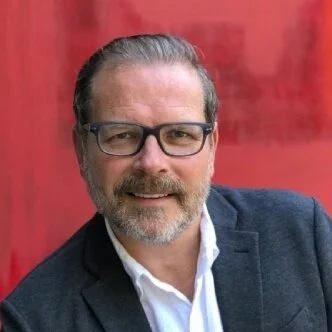Highlights - MARK BURGMAN - Author of “Trusting Judgments: How to Get the Best Out of Experts”
/Director of the Centre for Environmental Policy, Imperial College London · Editor-in-Chief of Conservation Biology
Author of Trusting Judgments: How to Get the Best Out of Experts
The idea of expertise and expert judgment has been around and has been something that society depends upon for a long time, but there have been no serious empirical explorations of who's an expert, what a domain of expertise is, and what sort of frailties are experts susceptible to. Those things haven't been addressed in an empirical way until the last 30 years. Some of this work began in the fifties with Kahneman and Tversky. They began to explore the things that make people misjudge risky situations, and that led to a body of research on who makes good judgments and under what circumstances for things that might affect us in various ways.












